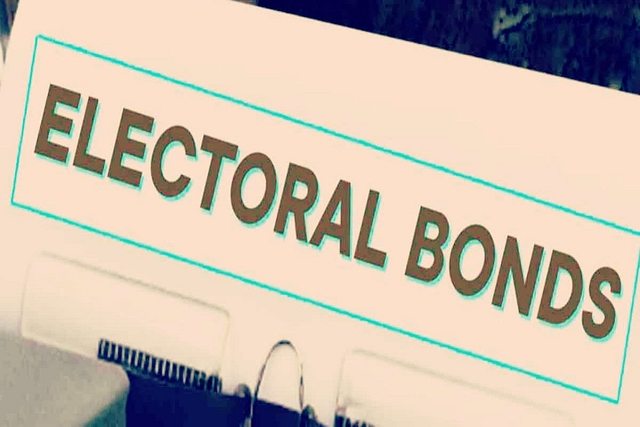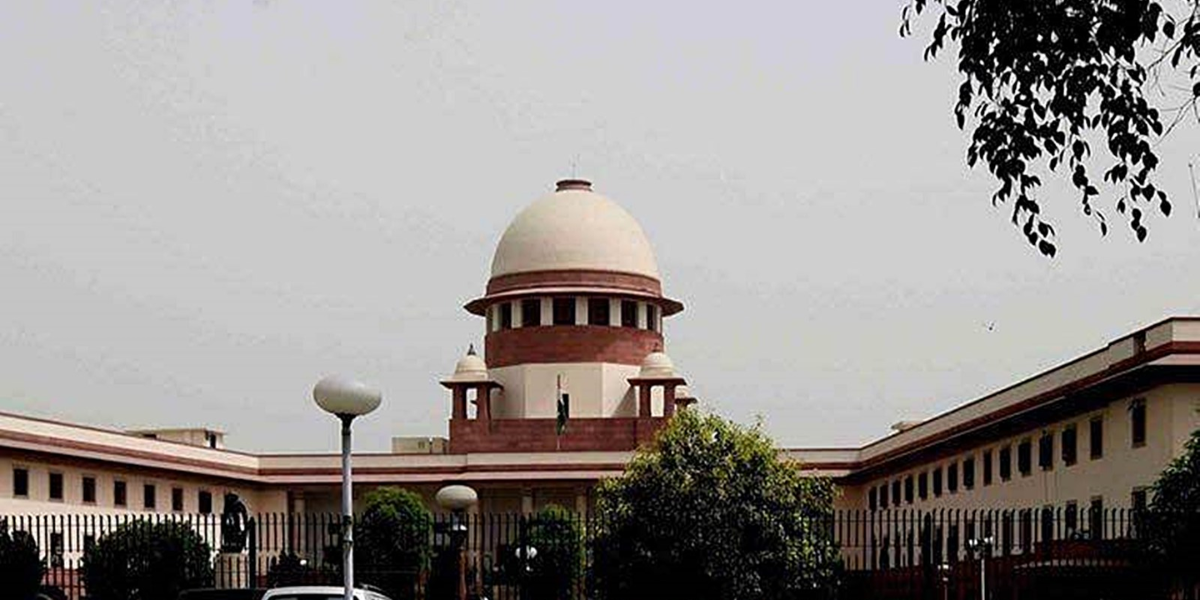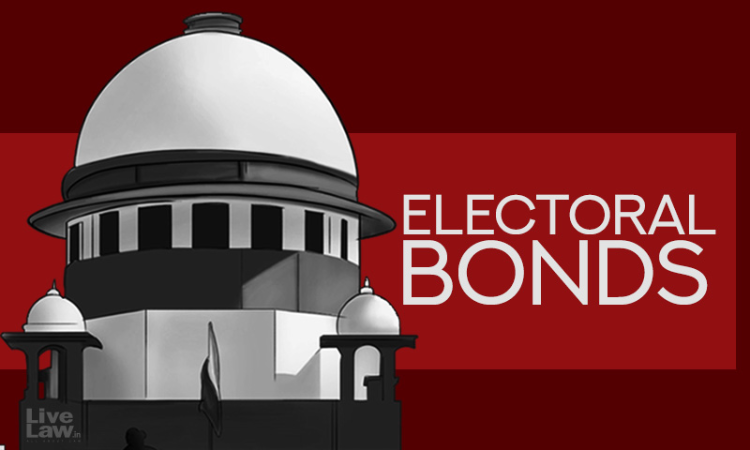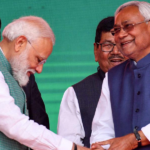The Supreme Court of India has decided to do away with a system of election finance that has been in place for seven years and is known as “electoral bonds.” This system enables people and businesses to make anonymous financial contributions to political parties without any restrictions.
The judgment that was made on Thursday is being interpreted as a setback for the Bharatiya Janata Party (BJP), which is led by Prime Minister Narendra Modi and has been the most successful beneficiary of the system that it implemented in 2017. The decision was made about two months before the general election.
On the grounds that it impeded the public’s right to know who had provided money to political parties, the covert election finance system was challenged by opposition parties and a civil society group. The challenge was brought up because of the fact that it was a secretive system.
A top court bench consisting of five judges and led by Chief Justice DY Chandrachud issued a directive on Thursday, stating that the system is “unconstitutional.” The bench also ordered the State Bank of India (SBI), which is run by the government, to refrain from issuing any more of these bonds, to provide the identity details of those who purchased them, and to provide information regarding bonds that were redeemed by each political party separately.
According to Chandrachud, “political contributions provide the contributor with a seat at the table, and this access also translates into influence over the policy-making process.”
‘Extra layer of opacity’
For a number of years, critics have criticized India’s manner of financing election campaigns, claiming that it is a covert mechanism to transfer “black money” to political parties.
The strategy, however, was supported by the government of Modi, which stated that it reduces the use of cash or “black money” in political finance by providing contributors with a confidential conduit via which they can give to the funds of any party.
According to the Association for Democratic Reforms (ADR), a non-government transparency watchdog working on election funding in India, undeclared individuals and companies purchased such bonds with a total value of 165.18 billion rupees ($1.99 billion) up till November 2023.
According to ADR’s calculations, the method was utilized by political parties for more over half of all the donations they received. During the period of time between 2018 and March 2022, it was stated that the BJP received roughly 57 percent of these funds. In contrast, the Indian National Congress party, which is the opposition party, won barely ten percent of the vote.
The verdict, according to Jagdeep Chhokar of the Alternative Dispute Resolution (ADR), which had challenged the plan in the highest court, will help put an end to political “mischief.”
Adding that the bond system “had added an extra layer of opacity,” he stated, “My initial reaction is of big relief – and some hope.” He also stated that he was relieved initially.
Al Jazeera was informed by Anjali Bhardwaj, who is the co-convener of the National Campaign for People’s Right to Information, that the judgment can be considered significant for democracy.
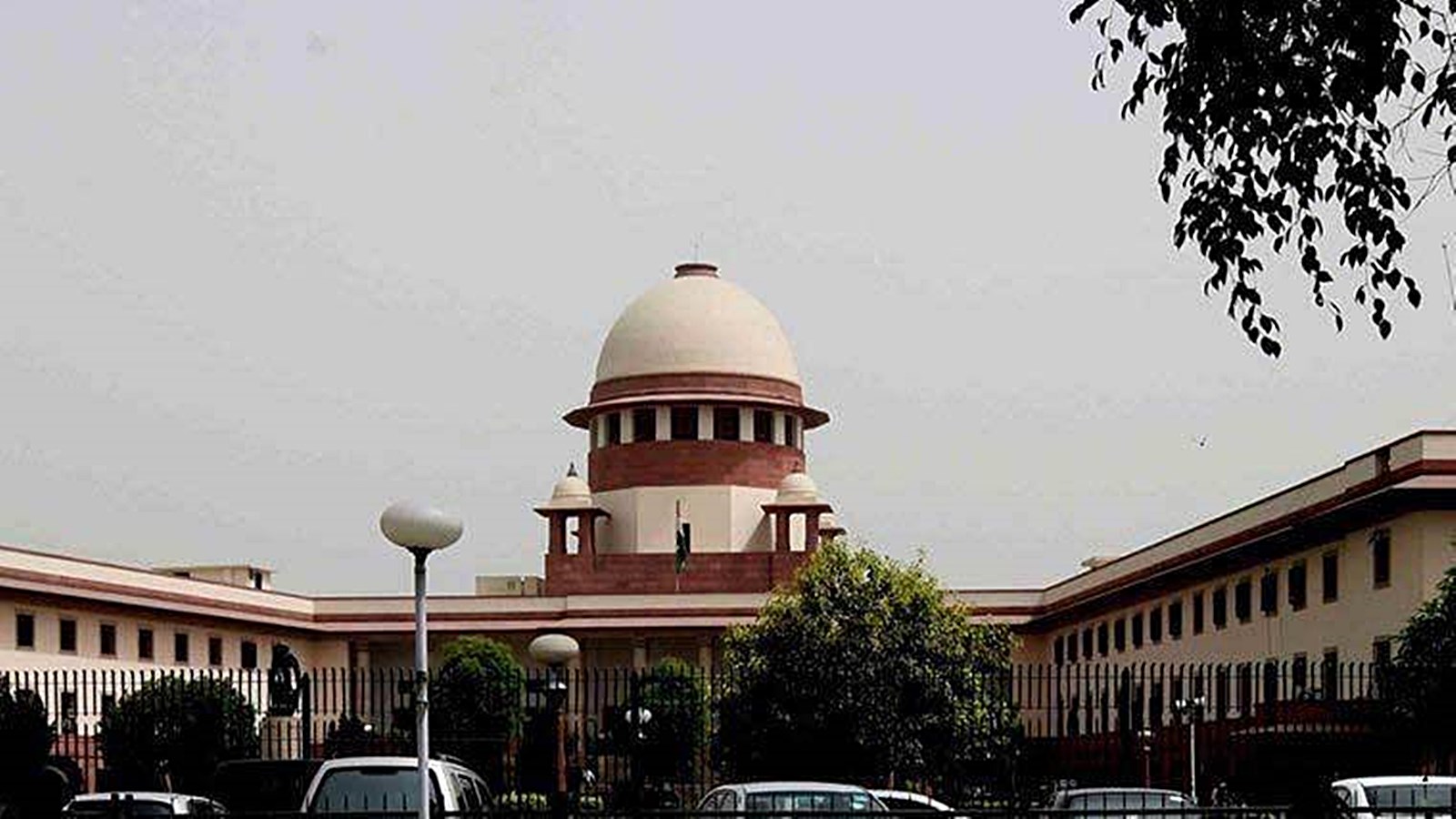
The parties were being funded by large businesses, which then proceeded to negotiate terms that were favorable to them through the use of a “quid pro quo.” In the name of democracy, that was a blow.
How did electoral bonds work?
A person or company could purchase these bonds from the State Bank of India (SBI) in values ranging from one thousand rupees (about 12-dollars) to ten million rupees (approximately 120,000 dollars) and then contribute them to a political party of their choosing.
The bonds, which had been sold for the first time at the beginning of 2018, were then given to the party that is able to convert them into cash. Not only were the bonds exempt from taxation, but they also did not bear the name of the charitable contributor. Donations made in cash are still permitted for elections, but they do not qualify for a tax exemption.
Since they were first introduced, electoral bonds have developed into a significant form of supporting political campaigns. On the other hand, critics were concerned that the government could obtain data through the state-owned SBI, despite the fact that the donations were technically anonymous.
